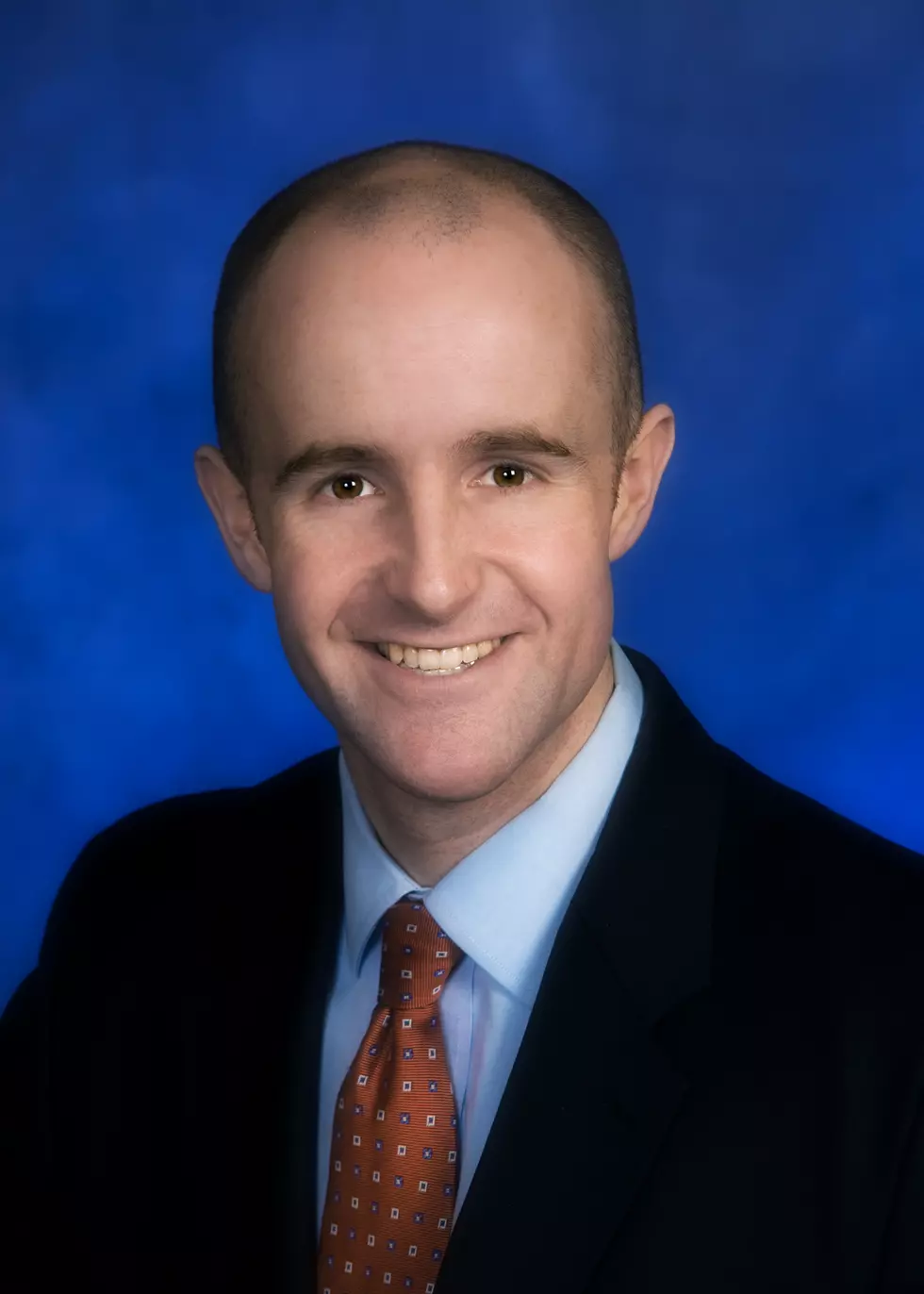
Prof. Says Presidential Outcome Likely Known By End Of Tues.
Tuesday is Election Day and many Americans will be casting ballots in what many pundits believe will be a close election.
This has also been a particularly contentious election with one presidential candidate saying they may not accept the results of the election if they don't win.
While saying that it's the first time in modern history she's heard a candidate say that, Shannon Jenkins, the chair of the Political Science Department at University of Massachusetts at Dartmouth, tells WBSM News that there have been contentious elections throughout our nation's history.
Jenkins that while there have challenges to election results, like there was in the 2000 Presidential election, in the end the results have been accepted by both sides.
"There were alot of Democrats unhappy about the decisions that were made, but ultimately when the Supreme Court said to stop counting ballots in Florida, they stopped counting ballots and Al Gore conceded," said Jenkins "so I'm hopeful that this will just be a minor blip."
Jenkins says that, based on the latest models, she's fairly confident we'll know who the next president will be by the end of the night.
However, she says the battle to control the Senate may remain uncertain for a while.
"I've seen some models predicting a 50-50 tie, in which case who wins the presidency is going to be important, because their vice-president is going to be the tie-breaker," said Jenkins "but that one we may not know, I think, until maybe a few days because I think there's going to be several states that are real nail biters."
Jenkins says the House of Representatives is likely to remain in Republican hands.
This year has also seen more states, including Massachusetts, offering early voting for the first time and many have been taking advantage and casting their ballots ahead of election day.
While some are trying to analyze the turnout as a way to predict the likely chances of success for each candidate, Jenkins says that it's a far from accurate way to predict a result.
"States that have had early voting we can compare 'well who early voted in that state in the 2012 Presidential Election and who's early voting now?'" said Jenkins.
"It's more difficult to determine that in states that haven't had early voting in the past, because we don't know what the baseline true effect is."
In Massachusetts polls will be open from 7 a.m. to 8 p.m.
More From WBSM-AM/AM 1420


![Don’t Vote Today But Tell Me Why You Didn’t [OPINION]](http://townsquare.media/site/518/files/2021/11/attachment-GettyImages-1204951069.jpg?w=980&q=75)
![Massachusetts Sneaks In Vote-by-Mail Extension [PHIL-OSOPHY]](http://townsquare.media/site/518/files/2021/03/RS24656_GettyImages-146069212.jpeg?w=980&q=75)



![Boston Globe’s Victoria McGrane on the Battle for the Senate [OPINION]](http://townsquare.media/site/518/files/2018/11/chuck-1.jpg?w=980&q=75)
![Standing Tall at the Military Museum [TOWNSQUARE SUNDAY]](http://townsquare.media/site/518/files/2020/11/medal-of-honor1.jpg?w=980&q=75)
